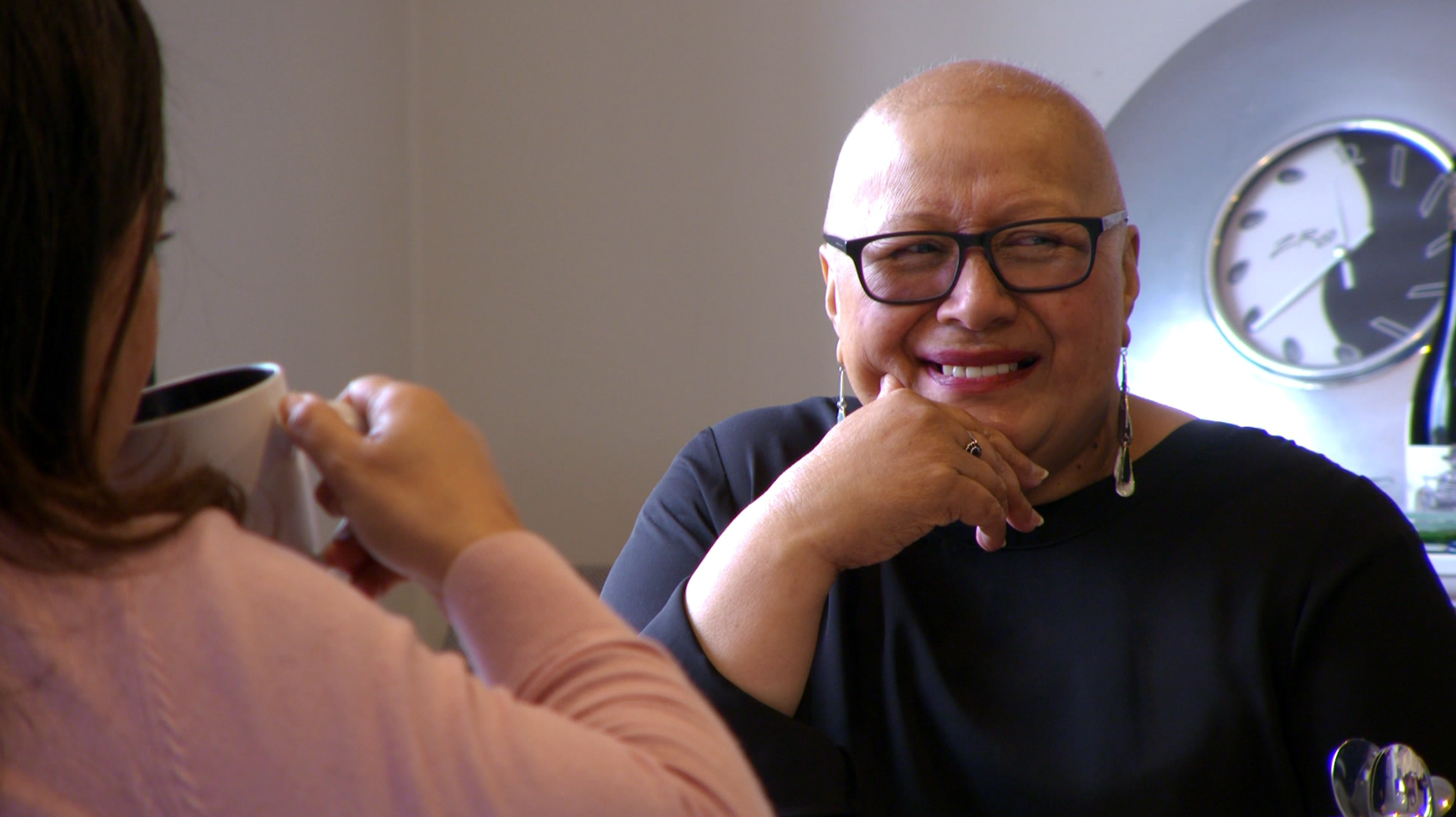New health and wellbeing courses are now open with a focus primarily on Pacific and Māori youth.
The Level 2 and Level 3 NZQA-accredited courses are now open for enrolment, with places available at both levels. They run for 20 weeks, from July to December, teaching foundation skills, and models of care, and providing work experience in the health and wellbeing sector.
Oceania Career Academy (OCA), the education and employment support arm of Pasifika healthcare provider, The Fono, is expanding beyond construction training with two new health and wellbeing courses. For qualifying students, there are no course fees.
Graduates will be qualified for entry-level employment in support roles. OCA Academic Director Debra Robertson-Welsh says there is a massive shortage of workers in the health and wellbeing sector. “Our programme offers exciting pathways into work or further study in this vital sector, and they also provide excellent career opportunities for successful graduates within The Fono.”
The OCA learning environment has been designed to help young people who face barriers to further education achieve success by supporting them and their families outside as well as inside the campus.
Operations Coordinator for OCA Kim Roe-Herewini says, “I could see a lot of students needing support that weren’t completing courses. But there was no actual support being given to those students.”
Part of Kim’s role is providing resources to OCA’s team of Navigators, or community support workers, led by Latu Puloka. The navigators walk alongside students and their families, helping as needed.
The signal that help is needed is often a student’s attendance dropping, Latu says. “That’s when a navigator will do a home visit.”
The reasons can vary, says Latu, “from being a bit lazy, to not feeling engaged, not feeling motivated to getting into trouble back with the old crew. Family issues, sometimes it’s financial issues. Depending on what the situation is, we can provide support.”
“The whole idea of OCA,” says Kim, “is to empower through education, but not cause debt doing that.”
“To train our own (healthcare workers) is a lot more exciting and innovative than pulling in people who don’t know what Pacific families need,” says Debra Robertson-Welsh.
“Once you get into OCA, it gets into your blood.”











